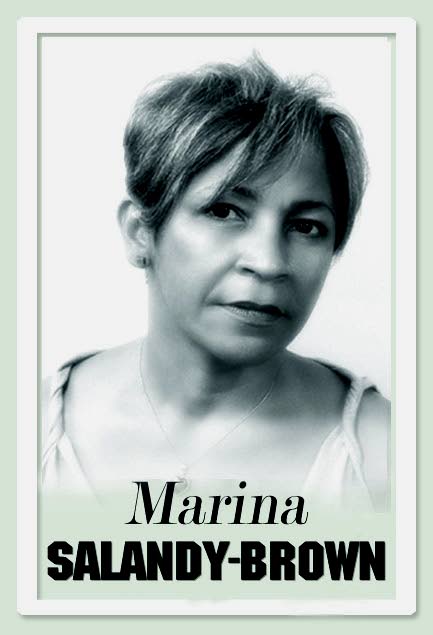I will not be lectured to!

Listening is an art, a complicated one that not many of us ever really master. It requires concentration, effort, openness, and is often affected by the sounds in our own brains that block out the message being directed at us.
Hearing and listening are not the same thing. Hearing is mechanical and can be switched off. Not hearing is often wilful, deliberate, and a tool of politicians and those wanting to have their own way or to indulge their long-held beliefs. Hearing can be selective so that we hear only what we want to, which we are quite familiar with.
That was all on display with Monday’s TT budget and Wednesday’s US vice-presidential debate.
First the debate. Vice president Pence had decided not to hear the moderator, consistently exceeding his allotted time and continuing to speak, ignoring repeated attempts to stop him. Striving to undo damage from the previous raucous presidential debate, he very graciously pretended to listen to Senator Harris, but he actually used each response to say what he had come to say.
She was a better listener but she too was hemmed in by the need in a debate to balance reposts and your agenda, regardless of the topic.
I watched her, a woman, one of colour, making history, who had to tiptoe around veiled insults and not be able to respond as necessary.How dare a US vice president say that there is no systemic racism in the US? How dare he look at a woman and deny her her unique perspective?
But he dared, and she was not allowed to react for fear of the racist and sexist fallout. She had to deafen herself to the affronts. She could only defend herself when he attacked her professionally, which she did with alacrity. At least twice she asserted herself and refused to be lectured to by her opponent, insisting on having the time to refute the slurs against her reputation.
I would have liked to hear her throw out of court the outrageous idea that immigrants and other visibly identified minorities are not disadvantaged in the US. Without doubt, there is a huge cost to being black in the US, and everywhere else outside of Africa too.
In the US there is ample research to show categorical ways in which that is so. For example, 60 per cent of white-owned small businesses have zero black employees, which may be due to implicit bias or simply because black people lack the social and professional networks; yet black people spend $1.2 trillion overall, which is scarcely fair exchange.
A small business administration (SBA) study in 2013 showed that “minority small business owners are significantly less likely to have their loan applications approved than were similar white business owners, even after taking into account factors such as industry, credit score, legal form and human capital.” In 2007, less than two percent of all loans distributed through the SBA went to minority businesses. And those economic facts are in addition to the wilful police violence against black people and other manifest examples of injustice.
Academia is replete with research studies to disprove Mike Pence’s erroneous belief. He is not listening or seeing.
The injustices against once enslaved people in the Americas have been in our gaze recently because of the ascendancy of the Black Lives Matter movement regionally, and the reparations movement is taking advantage of the momentum to push its advocacy for a just form of redress.
Today at 11 am the NGC Bocas Lit Fest is hosting, on facebook.com/bocaslit fest and youtube.com/bocaslit fest, a one-on-one conversation between Prof Andy Knight, formerly the UWI’s director of the Institute of International Relations, and Sir Hilary Beckles, UWI Vice Chancellor and chair of Caricom’s Reparations Commission, to examine what reparations could actually look like and the link between the Caribbean and the US’s current attitudes to race.
Regarding the budget, our Finance Minister made some moves in the right direction in the overall path he set out for the economy but the government remains remote when it comes to the cultural sector. There is clear evidence that too few politicians and public servants understand the connection between the arts and the overall well being of a country.
Maybe it is a fault in how certain brains are wired. I empathise somewhat because I cannot grasp many principles in other disciplines, whether it be quantum physics or applied maths. Poor primary school teaching did not help any natural shortcomings.
The minister, an impeccable study in grey, read, seemingly for the first time, from his budget script on the creative and cultural industries. It was word perfect, but the devil is in the detail and the necessary items on the to-do list can be achieved only with huge structural adjustments within the sector. These require proper investment and serious attention.
At least, some hearing has been restored but not on the matter of the discouraging and discriminatory full VAT on non-textbooks, which penalises human development.


Comments
"I will not be lectured to!"